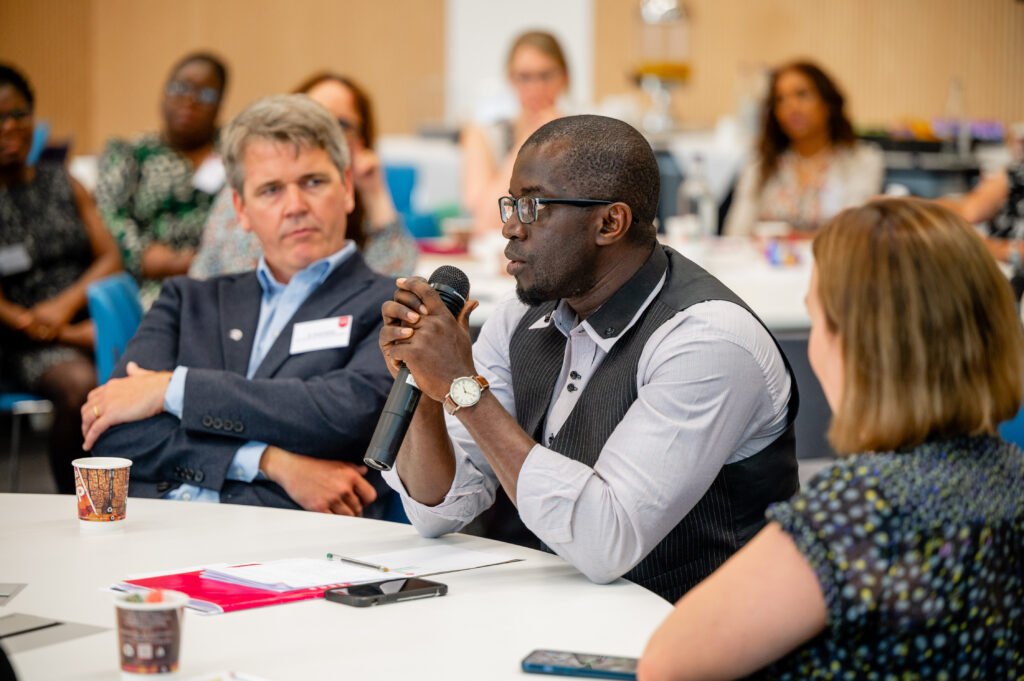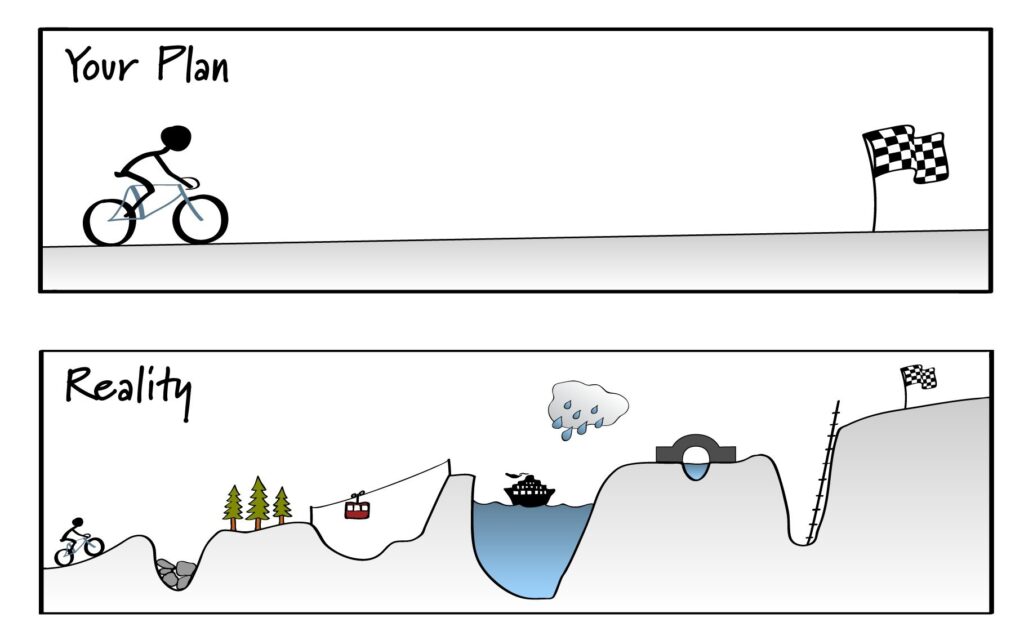Demystifying Research
The world of research and PhDs can be complex and confusing at the best of times, especially if you are new to university research. To shed some light, we’ve broken down the key things you need to know about becoming a researcher.
This page and the PDF resource linked below have been created based on real research carried out by Collaboratory’s Dr Rachel Handforth, funded by the Society for Researcher into Higher Education.

What is academic research?

Academic research is a process by which we produce new knowledge. It’s a process defined by the detailed, systematic investigation of a defined topic through the collection, analysis and critique of data and critical information to be able to make informed conclusions.
What is a PhD?
A PhD (which stands for Doctorate of Philosophy) is a PhD postgraduate qualification awarded by a university on the successful completion of an original piece of research on a specific topic. A PhD, also known as a doctorate, is the highest level of educational qualification you can earn. A person who holds a PhD is also able use the title of “Dr”.
Someone who is working towards their PhD degree is called a PhD candidate or postgraduate researcher (PGR). This involves undertaking a long-term, in-depth research project in your chosen field of study. A PhD candidate is guided by their supervisory team, but is recognised as being knowledgeable in their own right.
PhD degrees have no structured lectures, coursework, or written exams, but are instead assessed by the submission of a final written document called a thesis, which is usually around 80,000 words in length. The thesis is then discussed and critiqued at an oral exam called the viva.

What is it like to do a PhD?
A PhD degree is a learning experience in which you are training to become an academic researcher in a specialist field. Throughout your degree you will be supported in expanding your horizons as both ‘student’ and ‘specialist’.
Each PhD project is unique. As a PhD candidate, you will be expected to take ownership of your research to independently drive it forward and bring your own perspectives and ideas to your work. In addition to your research, you’ll be expected to be proactive in developing your skills in academic writing, specific research methods, presenting, communicating, networking and much more.
PhDs are exciting and fulfilling development opportunities that provide you with the unique opportunity to immerse yourself in the complexities of something that you have a strong interest in. However, it’s important to remember that a PhD will at times be challenging and intensive experience.

The nature of research means that you are working to answer questions that have not yet been answered. This means that it’s not always possible to know what kinds of challenges, failure, or setbacks you may encounter along your PhD journey. Embracing and solving the challenges of a PhD are a big part of what makes it such a valuable learning experience. Some common challenges you will likely encounter are:
- Experiments, studies, and ideas not working.
- Directing yourself in learning new specialist skills and techniques
- Unexpected setbacks to your plans.
- Steep learning curves.
- Encountering complex new tasks or situations.
- Balancing work and personal priorities.

What does it take to be a successful Collaboratory Researcher?
Collaboratory’s PhD research projects last 3-years and involve in-depth study and investigations of several core research questions, all of which relate to a central project focus. Projects are carried out by a PhD candidate, and are supported by teams of Nottingham researchers and partners from local community-focused organisations.
Competency Type | Specific Skills |
Comprehension and evaluation |
|
Social and emotional |
|
Preparedness and potential for sucess |
|
Community context |
|
Collaboratory’s competency framework, of which the above table is a smaller, condensed version, was developed based on the work of the Equity in Doctoral Education through Partnership and Innovation project.
